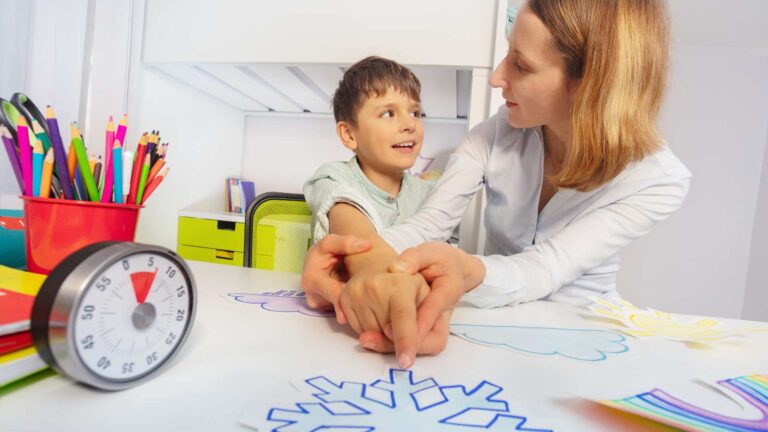Table of Contents
How Can I Help My Loved One with Autism Learn Handwashing?
Handwashing is a simplistic yet powerful act that plays a crucial role in maintaining hygiene and preventing the spread of germs. For some with autism spectrum disorder (ASD), mastering this essential skill can come with its own set of hurdles. However, it is no less important, although challenging for some in the ASD population.
Ultimately, handwashing is a vital skill to learn for everyone’s health, safety, and well-being.
Considering the challenges some neurodiverse families face, some find themselves asking: how can I help my loved one with autism learn handwashing?
Fortunately, Applied Behavior Analysis (ABA) can be a powerful tool in helping many families affected by ASD learn the skill of handwashing effectively. Best of all, many can access this vital ABA care with an autism diagnosis and insurance coverage access.
In this guide by ABA Centers of Georgia, we will discuss the importance of handwashing for those with autism and how ABA providers can help them learn and reinforce this skill. Additionally, we will provide some practical ABA tips for parents and caregivers to implement at home.
So, continue reading and let our guide help you keep your loved one with autism’s hands clean throughout the year with some ABA support!
Click here for more information about ABA Centers of Georgia. We serve the autism community in regions including Atlanta and Alpharetta.
Click here to read other blogs about ABA, autism, and the diagnostic process.
The Importance of Handwashing
Handwashing is a crucial aspect of personal hygiene that helps prevent the spread of germs and illnesses. The behavior typically involves using soap, water, and friction to remove dirt, debris, and bacteria that can be harmful to your health.
According to the Centers for Disease Control and Prevention (CDC), proper hand washing can reduce diarrheal diseases by up to 40% and respiratory infections by up to 21%. According to the World Health Organization, this act can also help lessen the spread of other viruses, such as COVID-19.
For individuals on the autism spectrum, handwashing may not come naturally due to difficulties with motor skills, sensory processing, and social communication. This struggle can make it challenging for them to understand the importance of handwashing and perform the steps correctly.
However, with patience, consistency, and proper instruction, individuals with autism can learn this vital skill.
Understanding More about the Challenges of Handwashing with Autism
Handwashing may seem straightforward for neurotypical folks, but for individuals with autism, it can present a variety of challenges.
The following include some of the most common:
1. Sensory Issues:
Sensory issues are often at the forefront of handwashing challenges for many with autism. The sensation of water on the skin, the sound of running taps, or the smell of soap can be overwhelming, making the experience uncomfortable or even distressing.
2. Routine:
Routine is another significant challenge. Many individuals with autism manage life much better with predictability and find comfort in established patterns. Introducing a new routine like handwashing can disrupt their sense of order, leading to resistance or frustration.
3. The Sequence of Steps:
The multi-step nature of handwashing can be complex for those who struggle with following sequences.
Understanding these challenges is the first step in developing strategies to make handwashing a more effortless, more positive experience. With insight into these barriers, caregivers and educators can personalize their approach to meet the goals of the individual they are working with.
Using ABA Therapy to Teach Handwashing
Applied Behavior Analysis, also known as ABA, is a proven method that uses scientific principles to help people positively change their behavior. ABA breaks down complex skills or sequences into smaller, more manageable steps. ABA providers then teach these steps using prompts, reinforcement, and fading techniques.
When teaching handwashing, an ABA practitioner will first conduct a thorough assessment to identify any obstacles that may hinder learning the behaviors. Then, ABA providers will design a unique ABA therapy plan that addresses these barriers and considers the individual’s unique learning style.
ABA therapists may use various ABA strategies to teach handwashing, such as:
- Visual aids
- Social stories
- Role-playing
- Video modeling
ABA professionals may also utilize positive reinforcement techniques, such as praise, tokens, or access to preferred activities or items to motivate the learner.
Practical Tips for Parents and Caregivers Teaching Hand Washing to ASD Loved Ones
While ABA therapy can be efficient in teaching handwashing skills to those with autism, parents and caregivers play a crucial role in reinforcing this skill at home.
Here are some actionable ASD-friendly handwashing tips for parents and caregivers:
- Create a Sensory-Friendly Environment: Adjust the water temperature, choose fragrance-free soap, and minimize noise to reduce sensory overload during handwashing.
- Use Consistent Cues: Establish a consistent signal or phrase to indicate it’s time to wash hands. These cues help create a predictable routine that allows the behavior to become second nature.
- Model the Behavior: Demonstrate each step of handwashing and encourage imitation. Visual learning can be powerful, so consider practicing together to build familiarity.
- Make Handwashing Routine: Incorporate handwashing into daily activities, such as before and after meals or playtime.
- Use Visual Aids: Visual schedules and step-by-step pictures can help neurodivergent people understand the steps of the process.
- Keep it Positive: Praise and positively reinforce your loved one’s efforts, even if they don’t get it right the first time. Remember to focus on progress rather than complete perfection!
- Make it Fun: Turn handwashing into a game by using colorful soap or singing a song while washing hands. Engaging in the experience will make it more enjoyable for individuals with ASD.
- Practice Patience: Teaching any skill takes time and patience, so try not to feel discouraged if your loved one struggles at first. With consistent practice and positive reinforcement, they will eventually master washing their hands appropriately.
By integrating these tips with ABA techniques, caregivers can create a supportive environment that encourages handwashing and fosters independence. Collaboration with educators and ABA therapy providers like BCBA and RBTs can further enhance these efforts.
ABA Can Help Make Handwashing More Manageable
Mastering the skill of handwashing is a significant step for individuals with autism, offering both practical and emotional benefits.
By understanding the challenges and utilizing ABA strategies through effective ABA care, caregivers and educators can create a supportive, autism-friendly environment that encourages independence and confidence in those on the spectrum.
Through collaboration with the community and resources like ABA Centers of Georgia, we can continue to enhance the quality of life for people with autism.
So, let’s work together to share knowledge and create a safer, more inclusive world where everyone can thrive.
Learning Daily Living Skills and More with ABA Centers of Georgia
ABA Centers of Georgia provides valuable autism support through ABA therapy, teaching handwashing and other life skills. Our team of exceptional ABA providers offers tailored ABA programming that addresses the specific needs of individuals with ASD, leveraging ABA techniques to achieve better outcomes throughout life!
To learn more about how ABA Centers of Georgia help neurodiverse families acquire the ASD support they need to thrive, call us at 855-929-5058 or contact us via this online link.
Let’s help individuals with autism build the daily living skills and confidence they need to flourish wherever they are!









